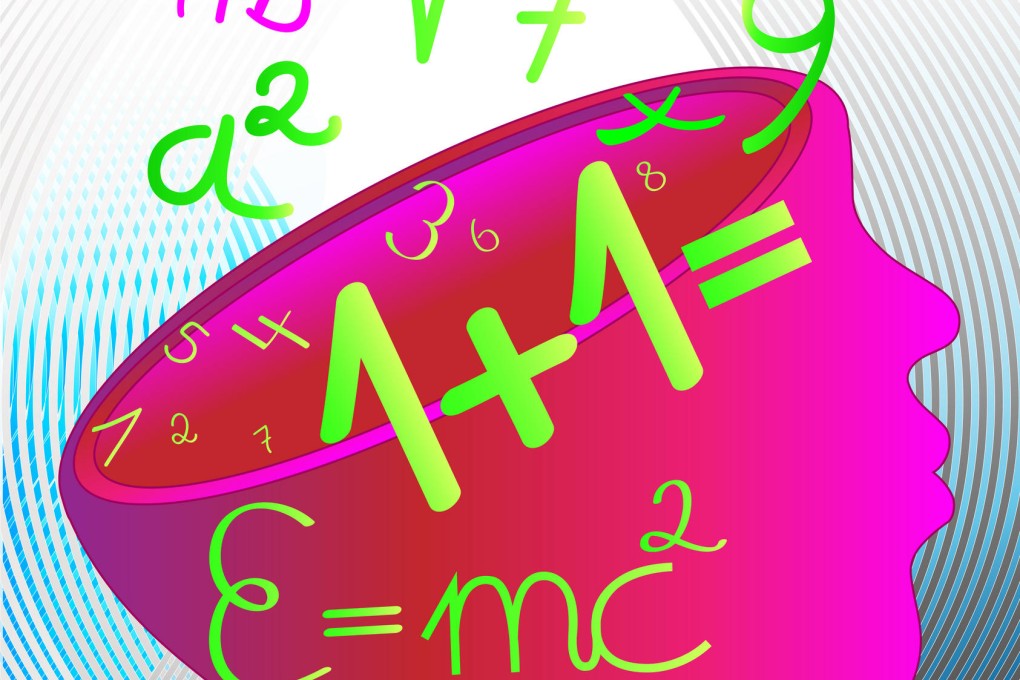Why maths should be fun and creative, not a test of rote learning
Mathematician and educator Solomon Garfunkel believes instructors should favour originality and creative problem solving

Many youngsters see little use for maths beyond how to add and subtract, multiply and divide. But that's largely because of the way the subject is normally taught. Curriculums worldwide have lost touch with everyday life and failed to rouse interest among students as a result, says Solomon Garfunkel, a leading American mathematician and educator.
Maths is a life skill that allows us to understand how the world works and make informed decisions on matters such as mortgages or balancing our bank accounts, he says.
But all too often lessons linger in the abstract and maths is taught with the sole purpose of preparing students to pass exams, move on to the next course and impress university entrance committees.
It's akin to running a carpentry course in which students are told to hammer nails and saw boards for years to equip them with the skills to build a house in the future - completely out of step with students today, who do not believe in delayed gratification, Garfunkel adds.
Youngsters should use their maths skills as they learn them. "Otherwise it's just a set of facts, algorithms, methods and techniques … it should be close to their hearts, plus it's more fun," he says.
"The students need to see a problem they might want to solve. For example, quadratic equations can help determine when it is more economical and time efficient to test blood samples for a disease or steroid use.